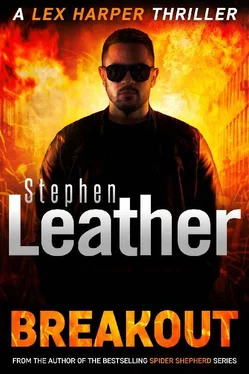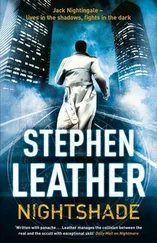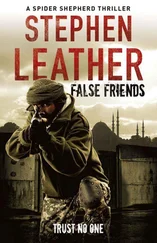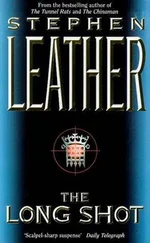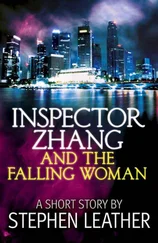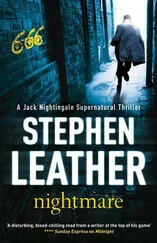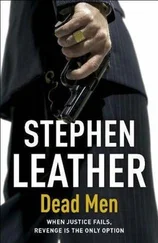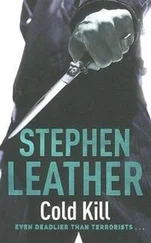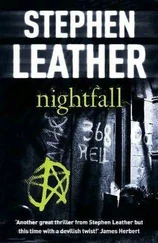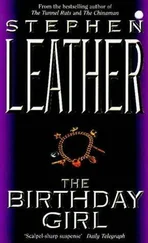By a mixture of sign language and his few words of fractured Spanish, Harper managed to establish that when it eventually pulled out, the colectivo would be heading further west towards the town of Puno and not back towards the Bolivian border. With that settled, using US dollars, he paid the fare that the driver asked without quibble and climbed on board the bus. As he did so, he passed an array of medals, artifacts and statuettes arranged like a Nativity scene around the driver’s seat, and that seemed to cover all religious bases, including blood-dripping Catholic sacred hearts and Aymara ritual objects. Harper took a seat at the back and felt a powerful temptation to close his eyes and cat-nap, but he made himself stay alert, keeping watch to make sure the driver did not try to slip away and let anyone know that a strange gringo had just boarded his bus.
Over the next hour, three or four more passengers emerged from the side streets and boarded the colectivo , and then a pair of backpackers - Americans with unnaturally white teeth and booming voices - came running across the square, shouting and waving at the driver in case he was thinking of leaving without them. That was never going to happen, Harper thought, reflecting that the fare paid by the three gringos now on board was probably considerably more than the driver would have charged three dozen Peruvians to make the same journey.
Harper started to relax a little more as the driver evidently decided there were now sufficient paying customers to begin the journey. He stood up, scratched himself and spat in the dust, and then boarded the colectivo and set off with a crash of gears. The bus lurched and rattled its way out of town and carried on to the west. Just beyond the town, the coastal strip narrowed still more, becoming a thin ribbon of land sandwiched between the lake shore and the caldera of the huge extinct volcano that dominated the skyline on the other side of the road. The bus rattled on, with the lake always close by. Sometimes the driver used the tarmac highway, but more often he turned off to go bouncing and jolting over the potholed dirt roads that linked the tiny villages and hamlets flanking the route.
Harper could have driven the eighty miles to the city of Puno in well under two hours, but the colectivo’s meandering journey, stopping and starting at towns and villages so small and nondescript that even Wikipedia had apparently never heard of them, took far longer. It was well after dark when the bus at last wheezed its way under a red banner stretched overhead across the road and proclaiming ‘ Bienvenido a Puno ’ and headed in towards the city centre.
It didn’t reach it, but came to a final halt, for no reason that Harper could discern, in an apparently random stopping place. In this case the final stop was in a broad street in a deserted, semi-industrial area a couple of miles short of the centre. There were no street lights - or if there were, they had all been smashed - and on this moonless night there was only starlight to guide them, but the Peruvian passengers seemed unfazed both by this and the curious choice of stopping place, and all disembarked and set off down the street, disappearing into the darkness within a few paces. Harper got off too, leaving the American backpackers trying to bribe the driver with a few more dollars to take them right into the town but the driver shook his head emphatically, pushed them off the bus and locked the door.
As Harper glanced back at the colectivo , he saw the driver settling himself down on the back seat, no doubt getting ready for an untroubled night’s sleep. Harper hurried ahead of the disgruntled Americans but then ducked down a side-street and waited until they had passed him and disappeared into the night. He had no desire to share their company since it might have required him to deal with questions that it was much easier to leave unasked and certainly unanswered. When the sound of their voices had faded, he began walking slowly towards the town centre.
He was unworried about being on the streets alone at this time of night, however rough the neighbourhood he might be passing through. If any street criminals had somehow missed the American backpackers but fancied they had found another gringo tourist ripe for mugging and robbing, they would rapidly get a very unpleasant surprise. However he had seen no one when, after walking half a mile further towards the city centre, he came to a good place to lie up for the rest of the night. It was an area of rough grassland fronted by a hoarding announcing in Spanish and English that it was ‘For Sale - Development Opportunity’.
He walked round behind the hoarding and sat down on one of its timber supports. He ate the last of his now stale and crumbling empanadas , then leaned against the back of the hoarding and rested there, cat-napping, until the sky began to lighten towards dawn. He yawned and stretched, then walked back round the hoarding and joined the steadily growing army of people heading into Puno at the start of another working day.
He had chosen Puno because it was a city that had grown mostly by catering to the influx of foreign tourists arriving to tick off Lake Titicaca on their list of ‘Things To Do In Peru’. By dint more of its geographical location than much in the way of tourist promotion, Puno had become an obligatory stop for the organised tours that also took in the ancient Inca capital of Cusco and the spectacular mountain citadel of Machu Picchu further to the north.
As Harper strolled in towards the town centre, he kept glancing at the lake close by on his right hand side. He could see a couple of the traditional boats made of tightly woven bundles of reeds and with elaborate carved figureheads. Beyond them was one of the ‘Floating Islands’ - rafts made of thick, buoyant totora reeds that the indigenous Uros tribes who lived on them, harvested from the shallows of the lake. They kept themselves above water by continually adding fresh layers of reeds to the top surface of their rafts, keeping pace with those slowly rotting and falling away beneath them. The rafts had originally been built by the Uros to give themselves a safe haven from the other hostile tribes on the shores of the lake. Although the need for that was long gone, they still maintained their rafts and their way of life on them. Perhaps that was partly to cash in on the tourist trade, Harper thought with his customary cynicism, but it might also have kept the Uros relatively safe from the worst depredations of Peru’s cocaine cartels.
Once just a small Peruvian town, the sprawling city of Puno now completely filled the narrow coastal strip between Lake Titicaca and the wall of the Andes. As the city expanded, the homes of its poorer inhabitants had been pushed further and further up the mountainside, where they had to live in barrios and shanty towns clinging to the slopes, some on streets so steep that cars could not access them, not that that mattered, for no one who lived there would have had the money to buy one anyway. When he reached the city centre, Harper first took a walk around it until he had found the terminus for the tour buses that ran a shuttle service between Puno and the airport at Juliaca, forty miles away. It was the nearest airport capable of handling tourist flights and had accordingly expanded as fast as the city of Puno. He checked the timetable of the shuttle buses, though as always in South America, that was more of a rough guide than a guarantee of punctuality, and then took himself off to a street café for yet more empanadas and a couple of cups of strong black coffee.
When he returned to the square, a tourist bus was already parked at the stand, disgorging its cargo of camera-wielding American and Japanese tourists, who were lining up behind the lurid golf umbrellas of their tour guides, ready for the short walk down to the waterfront and the first of the day’s photo opportunities. The bus was utterly unlike the colectivo he had used to reach Puno. It was shiny and new-looking, contained no adornments other than a small Peruvian flag above the driver’s seat and had comfortable seats, air-conditioning and even a loo at the back of the bus. Despite his night in the open, as he checked his reflection in a shop window, Harper felt he still looked sufficiently presentable to pass as a tourist, and joined the queue of people waiting to board.
Читать дальше
